Since approximately five-hundred years ago, Western culture has been characterised, among other things, to situate the human being and what is called “subject” at the centre of the world. “World” understood in the sense of what is known and where History is situated. But in recent decades, a series of voices and spaces have emerged that question whether it is reasonable to position the human being at the centre of questions, including the most important ones, the ethical ones. We are publishing the first of two articles that look in depth at new models that consider new perspectives for this planetary time.
Talking about ethics seems to be in vogue. Especially about ethics and artificial intelligence. The subject fills courses, talks, articles and sessions at technological congresses, while technology companies are creating their own spaces for assessment, or think tanks, to develop theories and discourses on the subject. In fact, this is an idea geared towards resolving “potentials and contingencies”, such as the displacement of dozens of thousands of jobs as a result of these technologies (i.e., as an effect of automation, a process which in essence goes back a lot further than we imagine today under the label of “artificial intelligence”). At other times this ethic is inspired by speculations that are over a century old such as, for example, the possible emergence of self-awareness in these machines.
The ethics so often talked about now depends on the conceptions with which we describe the world. World views, systems of beliefs with which we try to understand what is happening around us. It is with these cultural elements, that have their roots in the deepest part of the collective, that these “AI ethics” are developed.
One of the central issues in classical philosophy is related with what differentiates us, in principle, from the rest of the world: our capacity for awareness and reasoning. Perceiving and understanding the world through our senses and reflection. And, even, having awareness of ourselves (self-awareness).
From the Western tradition, that is one of the foundations based on which a clear distinction has been established between us, i.e. those of us who think (humans), and what is not able to think rationally (usually classified with this label, therefore, are anything from the device on which we are reading, to plants and animals). In philosophical technicisms, the first element of the binomial is usually designated, in broad outline, as a subject (a term also applicable to that which observes something specific) and the second, that which does not think and/or is not us, as an object.
These principles, while they may seem lofty and useless, at the same time assist in our day to day lives, such as in relations between people or with technology. They are related with different fields of philosophy, known as ontology, epistemology and phenomenology.
We will try to not use “odd words” but we will establish a minimum basis for understanding them. Ontology aims to discern what is the nature of reality and of things in a much broader, but abstract and profound sense. Phenomenology, in contrast, is concerned with experimentation, perception, and raising awareness of the facts and things in our environment. And epistemology focuses on how we acquire knowledge of the world and of ourselves, and it encompasses our doubt regarding whether we really have the capacity to perceive reality and know the truth of things. On many occasions, these three fields overlap each other at certain points. And ethics is the field of research into the different behavioural proposals and into what is acceptable or inacceptable. Ethical proposals are subject to these views of the world and to these interpretations of reality and society.
Despite their seeming to be distant fields, inaccessible to us because they appear to be cryptic, excessively abstract, or “inapplicable to day-to-day life”, are those that develop the vanguard of a large part of the models for explaining the world, often linked to the most empirical science. For example, physicist Niels Böhr, who a century ago won the Nobel Prize and was one of the founders of quantum physics and a describer of the atoms model, is less well known for his work in philosophy (of science), a field into which he introduced some essential notions, such as, for example, regarding the act of observation. And that thing about the fact that when you observe something, the very act of observing it can cause an alteration in the reality of the object, should ring familiar with us. Even more so today, when there is also talk of futurist quantum computing.
Furthermore, we are living in times when two global – if not globalised – historical processes are intensifying in a debate that is touching the deepest of our collective convictions. These two major processes are, first and foremost, the revolution, adoption and subsequent normalisation of the digital and cybernetic, which are the new and not-so-new technologies that have hyperconnected the different parts of the world, different people who are geographically distanced, different types of machines and, at the present time, even things in its broadest sense. In this context, a few decades ago, a debate opened up on what is real in relation with what has been perceived and experienced; a debate caused above all by cybernetic interactions and interfaces (when that was what the digital was called), which did not seem real because they were intangible. Matrix, the saga by the Wachowski sisters, for example, disseminated part of these more reflexive layers on the world and the real through pop culture.
In second place, there is the climate crisis. What we called climate change or global warming, has reached a state now of unleashing visible repercussions at ever more points around the planet, and it is becoming more patent to millions of people. Until then, the question is that it seemed to be an abstract idea because it was not possible for a large majority of us to experience it. This mega-process also brings with it the intensification of another debate on the role of the human being in the world.
The exploitation of the natural environment, if we seek a connection from the interpretations that we have made of the world and what is not human, is related with the fact that we consider ourselves more “advanced” than other beings. Advanced in the coordinates of another system that explains the world: that the universe has an intrinsic plan or design which leads to continuous improvement and sophistication. And, although we do not quite understand how this plan could conclude, there are a fair number of cultural and social venues (including, these days, in the corporate world) that suppose the human being to be at a pinnacle, an ultimate resource of the universe. The historical theory of sequential changes in the process of constant improvement is dubbed progress. If that is combined with another belief, of partly spiritual or Judeo-Christian origin, according to which the human being was created in the image of a divine creating entity, and according to which nature is at its disposal, then we have a reinforcement of the idea that the position of man (and woman) is at the centre of the universe in ethical and “ontological” issues.
These perspectives and these models of viewing the world, which still remain quite alive, but with present-day mutations and varnishes, now seem to be questioned by more and more groups. And by organisations for research and philosophy, which for years have been trying out and exploring new ways of explaining the world; although not necessarily as a reaction to these two major historical phenomena that I cited, but as a response to inertias and live debates in the world of philosophy itself. It currently seems that they are being positioned as the avant-garde in digital arts venues, architecture and various fields of design, the social sciences, and the sciences in general.
Where can we find the threads of these experimentations, critiques and new views in the field of thought? The key words are the following: neomaterialisms and flat ontologies, which include object-oriented ontology (usually referred to as “OOO”, and which should not be confused with the world of Adventure Time), the actor-network theory, speculative realism (very much linked to OOO), post-humanities and cyberfeminisms (which reflect queer theories), that are even in tune with decolonial movements.
This is a series of expressions, experimentations and even currents that question what it means to be a human being, or whether human beings are at the centre of the universe, and at the pinnacle of relations with anything else in the world. Or, alternatively, what reality is at a time of disconcertment and profound uncertainties. Currents with a little less than two or three decades of history, if we start to look for when they were supposed to have started. In some circles they are viewed as “post-anthropocentric” movements, but some experts in these fields sometimes say, more humbly, “anthropodecentric”, because they understand that the human being is “dis-centred” in the universe: without losing sight of the fact that we think from ourselves, and cannot experience what it is to be a plant or “to be an app”, at most we can imagine it. Therefore, they can represent a break with the anthropocentrism to which we have been accustomed for half a millennium and from which we have constructed the psychological base and that of relations, interactions and transactions with our environment, including nature.
The progressive relevance that they acquire is an expression of the desire of necessary transitions. Above all, because the old models and world views find it increasingly difficult to fit into today’s world, into the different social and planetary realities. In this sense, and in the process of researching new formulas, it may be interesting to look in depth at these currents and new models with greater detail, to consider new perspectives geared towards a resilience and a more sustainable position at this planetary time.
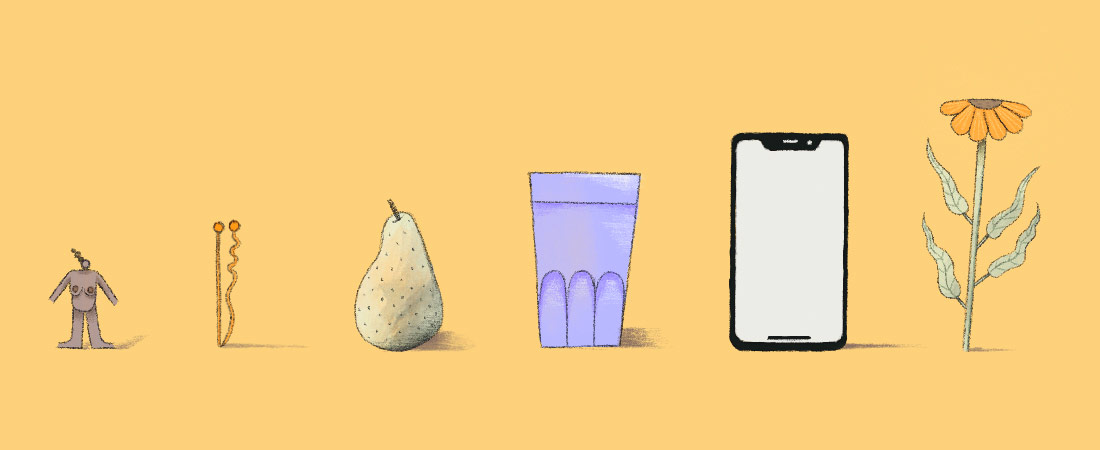

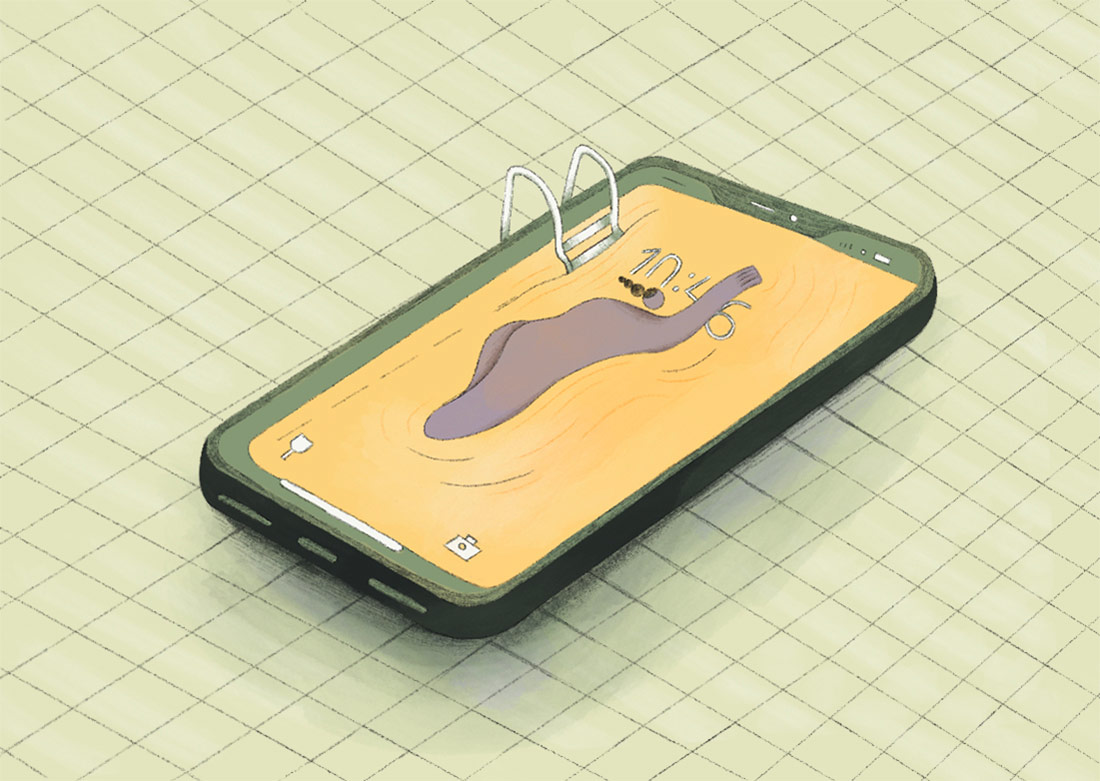

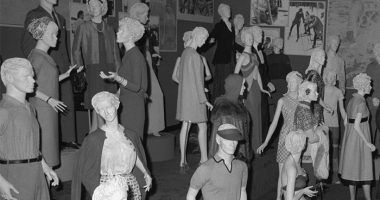

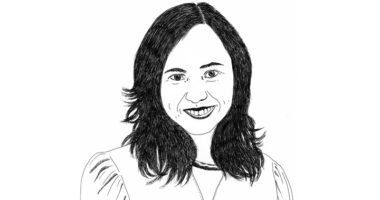

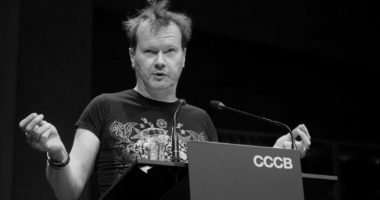
Adrià Bofarull | 19 March 2020
Como curiosidad dejo aquí el enlace a un trabajo sonoro que realicé inspirado en estas ideas:
https://plustimbre.bandcamp.com/album/speculative-rites
Leave a comment